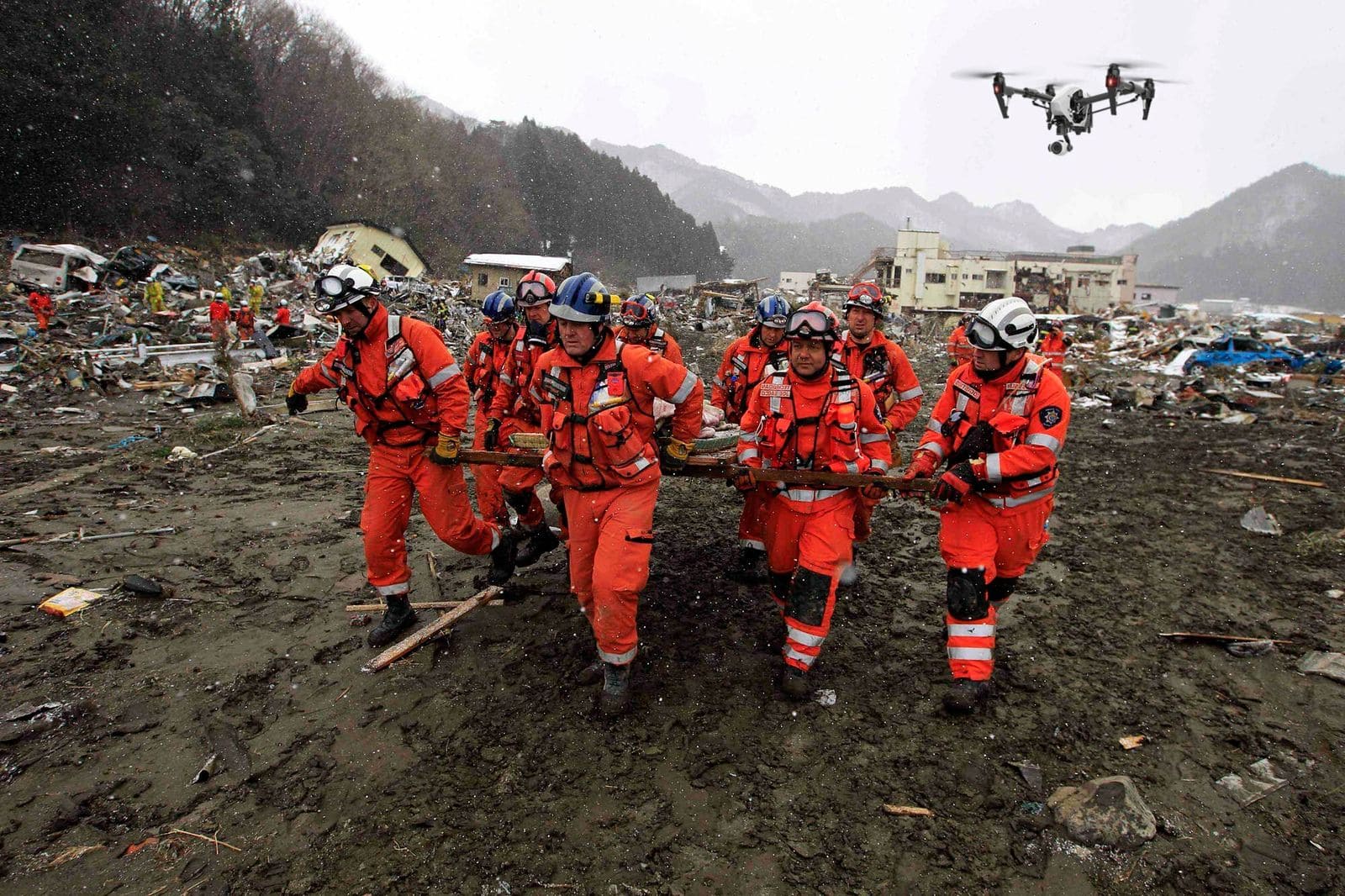I'm wondering if this is a situation like that one older woman, who wandered off from her route to pee and then died of exposure? (Can't find her name, but very sad situation).
That was Geraldine Largay. The conditions during GL’s hike, though, were summer and benign. She died of starvation, not hypothermia (she had the right gear for the conditions). And there’s a lot of backstory. RIP
Dying of exposure (aka hypothermia) is a frequent cause for missing hikers. I’m thinking in this case it happened before the first night and within hours of leaving the trailhead. The conditions were such it was almost inevitable.
See my post ^^^^ on what hypothermia looks and feels like. How fast it can come on. And the person in that article was experienced: they were well-equipped for the weather and conditions and they knew how to handle it. That person had 2 changes of clothes and hot drinks and the dry space of the car and a car heater to warm up in. Their friend knew how to handle the situation. This is from experience.
The person in that story was a Mountaineer (probably the most famous and rigorous hiking organization in the US). That’s how they knew what they knew, had required items in their packs, etc. Now, the Mountaineer group they were with behaved very problematically. But see how they got called out afterwards by the organization and got embarrassed? They won’t ever do that again. They now have experience in what the outcome could be.
From family, none of these elements were in place when LM left her car and stepped on the trail in a cold deluge in a part of the US she had no history in. This was never going to be safe. No place, actually, not just this one.
IMO stepping a bunch of miles (e.g. on the Long Trail) is not “experience”: the challenge for doing a bunch of miles is more like persuading yourself to put one foot in front of the other. Many of us do this every day trying to get to 10,000 steps. Every doggone-it day.
Experience is having a bank of decisionmaking; you get it from yourself in comparable environments, and you get it from skilled others who’ve had solutions to problems you might encounter. It’s also about having the supplies you need for the situation.
You could do the whole AT and have no significant “experience”. You just put one foot in front of the other. You hang out in a shelter or go to town when the weather gets bad. Walmarts and sandwich shops. That’s why you can get 2 thru hikers almost getting themselves killed on Lafayette even though they’d been on the AT for 4 months. They had neither experience, skill, nor equipment, but they thought they did. They were focused on “ounce counting”.
NH considered fining those 2 hikers for being unprepared. They’ve been fining people all this summer.
IMO no one on this thread would set out in a cold deluge to get their 10,000 steps done. Am I correct? Even if it means pacing up and down your house at 11 pm to 12 to finish the rings on your Applewatch?
IMO
PS I beg you, if you can, to rack up experience with a group like the Mountaineers. You will learn so much even on one hike, because you will see decisionmaking in action from somewhere that’s not your own echo in your own head. For starters, their requirements for daypack contents likely exceed anything anyone carries while long-distancing hiking in VT.


